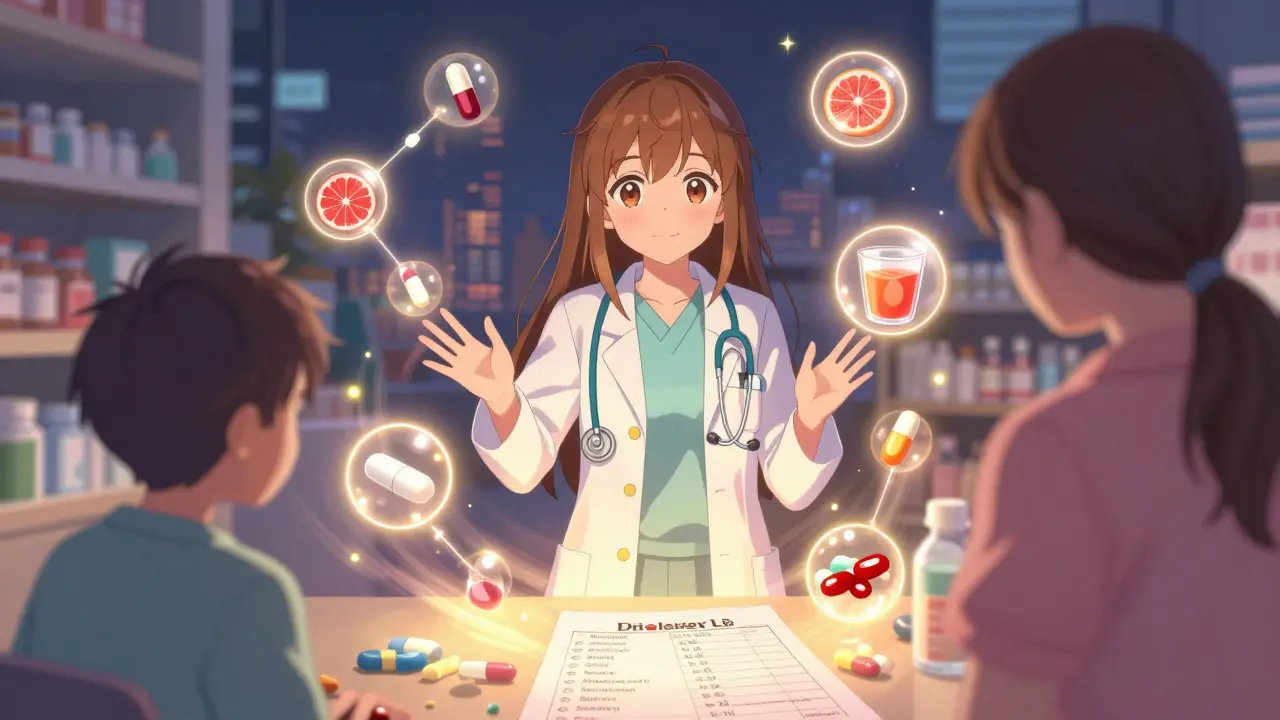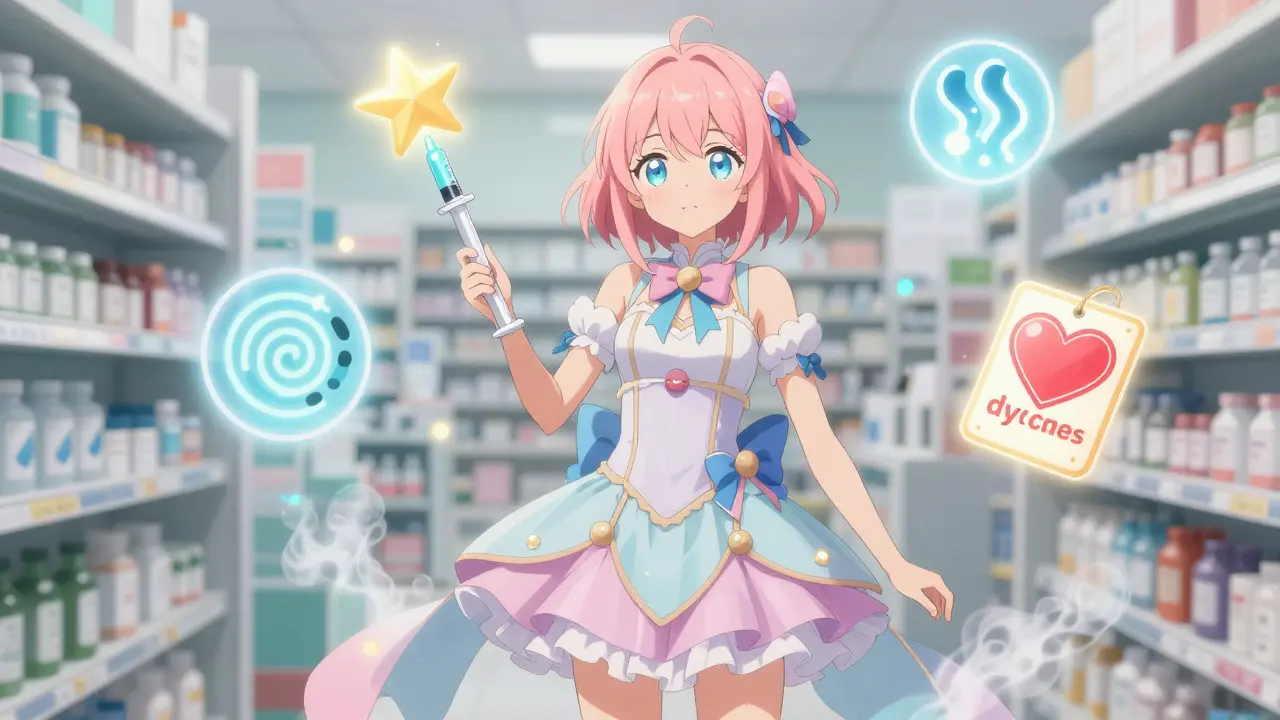Drug Side Effects: What They Are, Why They Happen, and How to Manage Them
When you take a pill, your body doesn’t just react to the medicine you need—it reacts to everything else in that tablet or capsule. Drug side effects, unintended physical or mental reactions to medication. Also known as adverse drug reactions, they range from mild drowsiness to life-threatening organ damage. These aren’t mistakes. They’re biological responses built into how drugs work. Even safe, FDA-approved medicines can cause side effects because they don’t just target one spot in your body—they affect multiple systems at once.
Some side effects are common and harmless, like dry mouth from antihistamines or nausea from antibiotics. Others are rare but serious, like sudden kidney failure from ACE inhibitors in people with narrowed kidney arteries, or vision loss from certain eye drops triggering acute angle-closure glaucoma. Drug interactions, when one medication changes how another works in your body make this even trickier. A protein-rich meal can block levodopa. Fiber supplements can delay absorption of your blood pressure pill. Even something as simple as grapefruit juice can turn a normal dose into a dangerous one. Then there’s medication-induced drowsiness, a side effect affecting 1 in 5 adults, which isn’t just annoying—it’s risky when you’re driving, operating machinery, or caring for someone else.
Not all side effects show up in the package insert. Many only appear after thousands of people start using a drug—this is where post-marketing pharmacovigilance, the system that tracks hidden dangers after a drug hits the market comes in. That’s why doctors keep asking, "Have you noticed anything different?" They’re not just being thorough. They’re watching for signals that the system missed.
What you’ll find below isn’t a list of scary symptoms. It’s a practical guide to spotting real risks, understanding why they happen, and knowing when to act. From antihistamines worsening restless legs to how protein timing affects Parkinson’s meds, these articles cut through the noise. You’ll learn which drugs to avoid, what alternatives actually work, and how to talk to your doctor without sounding paranoid. No fluff. No fearmongering. Just clear, usable info from real cases—so you can take your meds with confidence, not worry.
Learn the essential questions to ask your pharmacist about drug interactions to avoid dangerous side effects. From supplements to grapefruit juice, know what to ask to stay safe with your medications.
Lab monitoring calendars help you catch dangerous medication side effects before they become emergencies. Learn which drugs require tracking, how to use a calendar, and why skipping tests puts you at risk.
Learn about common medication side effects, when they’re harmless, and when they require urgent care. Understand what to do if you experience reactions - and why reporting them saves lives.
Learn how your body absorbs, metabolizes, and eliminates drugs - and why this determines whether a medication helps or harms you. Understand the real science behind side effects.
Learn how on-target and off-target drug effects cause side effects, why some drugs are safer than others, and how modern medicine is tackling unpredictable reactions to medications.





 Pharmacology
Pharmacology